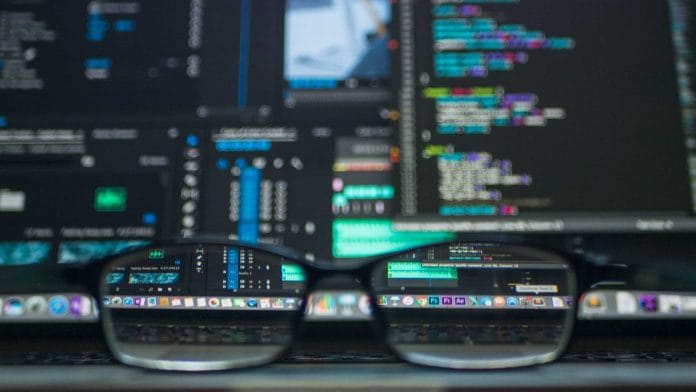Thursday’s order merely specifies agencies authorised to implement action, but amendments giving more power to central govt were passed — without discussion — in 2008.
New Delhi: A Home Ministry order authorising 10 government agencies to intercept, monitor and decrypt “any information generated, transmitted, received or stored in any computer resource” — which is facing criticism by the opposition — has its genesis in amendments to the Information Act passed in 2008 when the Congress-led UPA government was in power.
The order, which was issued by Union Home Secretary Rajiv Gauba Thursday, gives sweeping powers to the Intelligence Bureau, Narcotics Control Bureau, Enforcement Directorate, Central Board of Direct Taxes, Directorate of Revenue Intelligence, Central Bureau of Investigation, National Investigation Agency, Research and Analysis Wing, Directorate of Signal Intelligence (for Jammu and Kashmir, Northeast and Assam) and the Delhi Police Commissioner to scan data on computers.
On Friday, opposition parties expressed outrage over the order, saying it was part of the Modi government’s plan to snoop on the conversations of the citizens, particularly opposition leaders. While doing so, they chose to ignore that Section 69(1) of the IT Act was among the amendments passed by the Lok Sabha on 22 December 2008.
2008 amendment let govt intercept info
Prior to the passage of the amendments, the power of interception of information transmitted through any computer resource was vested in the Controller of Certifying Authorities and he could do that in the interest of national security, sovereignty and public order.
The amendments handed over this authority to the Central government and also allowed it to intercept information in computers for investigation of offences, which was not the case earlier.
But what nobody is saying is that the amendments were passed without any discussion, something that was repeated in the Rajya Sabha the next day. Not a single MP voted against any of the provisions of the proposed amendments.
While passing the amendments, the parliamentarians also glossed over the fact that the amendments were silent on how personal information could be collected, processed, shared and used.
The UPA government also chose to ignore several key recommendations made by the Parliamentary Standing Committee on Information Technology in its report. The committee was, incidentally, headed by Nikhil Kumar, a former Delhi Police commissioner.
Also read: Modi govt launches big revamp of official computer systems to counter hacking & cybercrime
Key questions ignored
Also, while concerned citizens and opposition politicians are now asking questions about the Home Ministry order, the bill introduced in Parliament by the UPA government chose not to address the crucial issue of breach of privacy of citizens if their phones were tapped or information stored in their computers was accessed by government agencies.
The standing committee had suggested that suitable provisions to define and protect personal privacy be added in the bill.
Among those who chose to ignore these key questions were members of the current regime, including the BJP.
‘Move will bring transparency’
Reacting to the uproar, cyber forensic investigator and certified ethical hacker Bijumon E.S., deputy superintendent of police, Vigilance and Anti-Corruption Bureau, Thiruvananthapuram, told ThePrint: “This not a new thing. The IT Act Section 69 already makes provisions for this. The only new thing is that through this order the Central government has now notified which agencies can implement the action.”
A senior government functionary said there was nothing wrong in the order and dismissed the charge that it was aimed at snooping.
“The law passed by Parliament allows it. The order only says which government agencies can get permission to intercept, monitor and decrypt information received or stored in a computer. While seeking such permission, these agencies will have to show cause that they have valid grounds for seeking the material. This will actually bring in more transparency and rule out illegal snooping. I don’t understand why some people are making such a big issue out of it,” he said.
Also read: Modi govt blocked 2,388 websites in 2018, stopped collecting data of arrests under 66A







who will they have to show cause? Chibber didnt ask him.
Is it a magistrate or some impartial authority? Then maybe the problems go away.
To complete the symmetry of the architecture of an all seeing state, extend this power to telephones as well. All of us will then truly be living in glass houses. 2. If the apex court wants its judgment on privacy being a fundamental right to have meaning, it should strike down this order, never mind which government initiated the move.